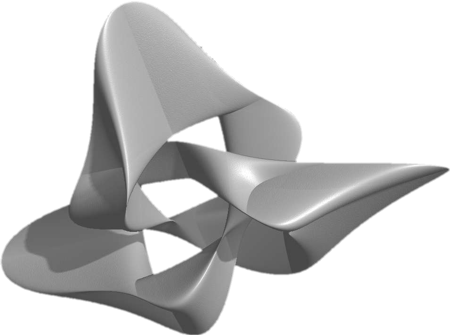Nihilism
The Philosophy of Nothingness
Nihilism is a philosophical viewpoint that argues that life is without objective meaning, purpose, or intrinsic value. In essence, nihilists believe that all traditional beliefs and values are baseless, and existence itself is meaningless. This philosophy is often associated with existentialism and can be traced back to the 19th-century German philosopher Friedrich Nietzsche.
The History of Nihilism
The roots of nihilism can be found in the works of the Russian novelist Ivan Turgenev, who used the term to describe the sense of despair and disillusionment that was prevalent in the mid-19th century. However, it was Nietzsche who popularized the concept of nihilism in his writings, particularly in his book “Thus Spoke Zarathustra.”
Nietzsche believed that the decline of religious and moral values in Western society would lead to a profound crisis of meaning and purpose. He famously declared that “God is dead,” meaning that traditional beliefs and values no longer held sway over people’s lives. This rejection of conventional wisdom laid the groundwork for the development of nihilism as a philosophical worldview.
Famous Nihilists Throughout History
One of the most famous nihilists in history is Friedrich Nietzsche himself. His exploration of the concept of nihilism in works such as “Beyond Good and Evil” and “The Birth of Tragedy” has had a profound influence on modern philosophy and cultural thought. Nietzsche’s idea that individuals must create their own values in a world devoid of inherent meaning has inspired countless thinkers and artists.
Another well-known nihilist is the Russian author Leo Tolstoy. In his work “War and Peace,” Tolstoy grapples with the futility of human existence and the inevitability of death. His portrayal of characters who struggle to find meaning in a chaotic and indifferent world reflects the nihilistic themes prevalent in much of existential literature.
Challenges and Criticisms of Nihilism
While nihilism can provide a sense of liberation from societal norms and expectations, it also poses significant challenges to traditional modes of thought and moral frameworks. Critics argue that nihilism can lead to apathy, despair, and a lack of ethical responsibility. Without a belief in objective truth or values, individuals may struggle to find purpose and direction in their lives.
Furthermore, some philosophers assert that nihilism is ultimately self-defeating, as the very act of rejecting all meaning presupposes the existence of some form of truth or value. In this sense, nihilism may be seen as a paradoxical philosophy that undermines its own claims to absolute truth.
In conclusion, nihilism offers a provocative lens through which to view the complexities of human existence. By challenging conventional beliefs and values, nihilists encourage individuals to question the nature of reality and their place within it. While the philosophy of nihilism may be unsettling and disorienting, it also opens up new possibilities for creativity, self-expression, and personal growth.
Ultimately, the path of the nihilist is one of radical self-discovery and acceptance of the inherent chaos and uncertainty of life. By embracing the absurdity of existence, nihilists can find freedom in the face of meaninglessness and forge their own path towards authenticity and fulfillment.
In the end, perhaps the true essence of nihilism lies not in the negation of meaning, but in the affirmation of one’s capacity to create meaning in a world that resists easy answers and definitions.
